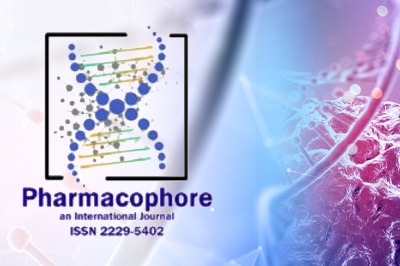Frozen Shoulder Treatment: Hilterapia® Shows Promising Results
Adhesive capsulitis, commonly known as frozen shoulder, is a debilitating condition characterized by stiffness and pain in the shoulder joint, often affecting 2-5% of the general population and up to 13.4% of those with diabetes mellitus. Traditional treatments include physical therapy, medications and, in some cases, surgery, yet recovery can be prolonged.

A recent study by Salem et al. (2024) in Pharmacophore is the first to examine the effects of Hilterapia® in combination with exercise on diabetic frozen shoulder. This randomized, single-blinded clinical trial involved 84 patients with type 2 diabetes, aged between 40 and 60, who were divided into two groups. Group 1 received Extracorporeal Shock Wave Therapy (ESWT) alongside exercises, while Group 2 underwent High Intensity Laser Therapy (HILT, HIRO 3.0), also combined with exercises.
Clinical results
Both treatment groups showed significant improvements in pain reduction, shoulder range of motion (ROM), and shoulder function. Specifically:
- pain decreased by 49.38% in the ESWT group and by 60.09% in the HILT group.
- ROM improved by 25.74% with ESWT and by 19.29% with HILT.
- Shoulder function, measured by the American Shoulder and Elbow Surgeons (ASES) score, increased by 96.66% in the ESWT group and by 104.58% in the HILT group.
The study concludes that while both therapies are effective, HILT proved superior in reducing pain and enhancing shoulder function. This research highlights Hilterapia® combined with exercise as a promising intervention for managing diabetic frozen shoulder, offering significant pain relief and functional improvement.









